Aloe Vera, known for its soothing gel and myriad health benefits, is also an excellent plant to grow at home for environmental reasons. While it’s commonly recognized for its role in skincare and medicine, Aloe Vera offers several ecological advantages that contribute to a greener and more sustainable lifestyle. In this article, we’ll explore the various environmental benefits of growing Aloe Vera at home and why it’s a plant worth considering for your indoor or outdoor garden.
1. Air Purification

One of the most significant environmental benefits of Aloe Vera is its ability to purify the air. Like many indoor plants, Aloe Vera absorbs carbon dioxide and releases oxygen during the process of photosynthesis. However, what sets Aloe Vera apart is its ability to remove toxins from the air, including formaldehyde and benzene—common pollutants found in household cleaning products, paints, and other chemicals.
How Aloe Vera Purifies Air:
- Absorption of Toxins: Aloe Vera absorbs airborne toxins, trapping them within its leaves and converting them into harmless compounds.
- Oxygen Production: Aloe Vera continues to release oxygen even at night, unlike most plants that only produce oxygen during the day. This makes it an ideal plant for bedrooms, as it improves air quality while you sleep.
By improving indoor air quality, Aloe Vera helps create a healthier living environment, reducing the risk of respiratory issues and other health problems caused by indoor pollutants.
Also Read- Using Aloe Vera To Treat Common Household Burns And Cuts
2. Water Conservation

Aloe Vera is a succulent, meaning it stores water in its thick, fleshy leaves, allowing it to thrive in dry conditions. This characteristic makes it an excellent choice for water conservation, particularly in areas prone to drought or where water usage needs to be minimized.
Water Conservation Benefits:
- Low Water Requirement: Aloe Vera requires minimal watering, especially when compared to other houseplants. It can survive on very little water, making it a sustainable choice for those looking to reduce their water footprint.
- Drought Tolerance: In outdoor gardens, Aloe Vera can help reduce the need for irrigation, contributing to water conservation efforts in regions with limited water resources.
By growing Aloe Vera, you contribute to water conservation, an increasingly important consideration in today’s climate-conscious world.
Also Read- Growing Aloe Vera Indoors: Tips And Tricks
3. Soil Health and Erosion Control

Aloe Vera can play a significant role in maintaining and improving soil health. Its roots help stabilize the soil, preventing erosion, especially in areas prone to heavy rainfall or wind.
Soil Health Benefits:
- Soil Stabilization: Aloe Vera’s root system helps bind the soil together, reducing the risk of erosion. This is particularly beneficial in gardens located on slopes or in regions with loose, sandy soil.
- Soil Enrichment: When Aloe Vera plants decompose naturally, they add organic matter to the soil, enriching it with nutrients and improving its structure. This process enhances the soil’s ability to retain moisture and support other plant life.
Growing Aloe Vera can therefore contribute to healthier, more stable soils, benefiting both your garden and the wider environment.
4. Reduced Need for Chemical Products
Aloe Vera is a natural remedy for various skin conditions, burns, and minor wounds, reducing the need for chemical-based products that can be harmful to both your health and the environment.
Environmental Impact:
- Natural Healing: Using Aloe Vera gel directly from the plant reduces reliance on commercial skincare products, many of which contain synthetic chemicals that can harm the environment when washed down the drain.
- Pesticide Reduction: Aloe Vera is naturally resistant to most pests, meaning it requires little to no pesticide use. This not only makes it easier to care for but also prevents harmful chemicals from entering the soil and water systems.
By growing Aloe Vera at home, you can decrease your use of chemical products, contributing to a healthier environment.
Also Read- Aloe Vera And Hair Care: Boosting Your Hair Health Naturally
5. Support for Biodiversity
Aloe Vera plants can contribute to the local ecosystem by providing habitat and food for various beneficial insects and pollinators, such as bees and butterflies.
Biodiversity Benefits:
- Pollinator Attraction: Aloe Vera’s flowers are rich in nectar, attracting pollinators like bees and butterflies, which are crucial for the pollination of many other plants.
- Support for Local Wildlife: In outdoor gardens, Aloe Vera can provide shelter and food for small insects and animals, contributing to the overall biodiversity of the area.
Supporting biodiversity is essential for maintaining a balanced and healthy ecosystem, and growing Aloe Vera can be a small but meaningful way to contribute.
Also Read- Aloe Vera In Skincare: Natural Remedies For Glowing Skin
6. Carbon Sequestration

Like all plants, Aloe Vera absorbs carbon dioxide (CO2) from the atmosphere during photosynthesis. This process helps reduce the amount of CO2 in the air, a significant contributor to global warming.
Carbon Sequestration:
- CO2 Absorption: By absorbing CO2, Aloe Vera helps mitigate the effects of climate change, albeit on a small scale. Every little bit helps when it comes to reducing greenhouse gases in the atmosphere.
While the impact of a single Aloe Vera plant might be small, collectively, the cultivation of houseplants like Aloe Vera contributes to the global effort to combat climate change.
7. Sustainable Gardening
Growing Aloe Vera at home supports sustainable gardening practices, which are becoming increasingly important in the face of environmental challenges.
Sustainable Gardening Practices:
- Minimal Resources: Aloe Vera’s low water and nutrient requirements make it an ideal plant for sustainable gardening. It thrives with minimal inputs, making it a low-maintenance, eco-friendly choice.
- Renewable Resource: Aloe Vera is a renewable resource, meaning you can continually harvest its leaves for gel without harming the plant. This sustainable approach ensures that you can enjoy its benefits for years to come.
Incorporating Aloe Vera into your garden is a step towards more sustainable living, reducing your environmental impact while enjoying the numerous benefits the plant offers.
Conclusion
Growing Aloe Vera at home is not only beneficial for your health but also for the environment. From improving air quality and conserving water to supporting biodiversity and reducing the need for chemical products, Aloe Vera is a versatile plant that can contribute to a greener, more sustainable lifestyle. Whether you’re an experienced gardener or a beginner, adding Aloe Vera to your home garden is a simple yet impactful way to enhance your environmental stewardship.






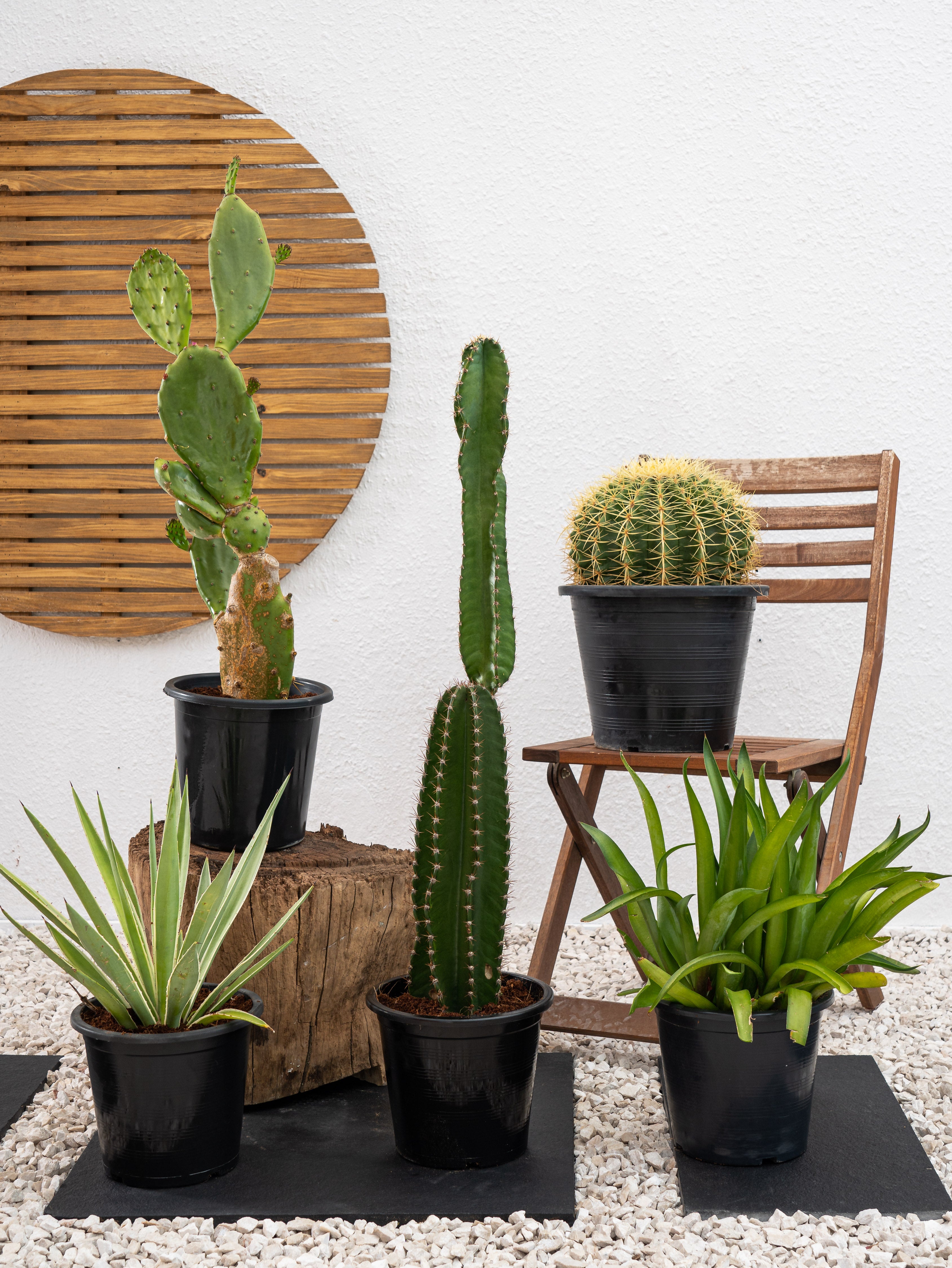
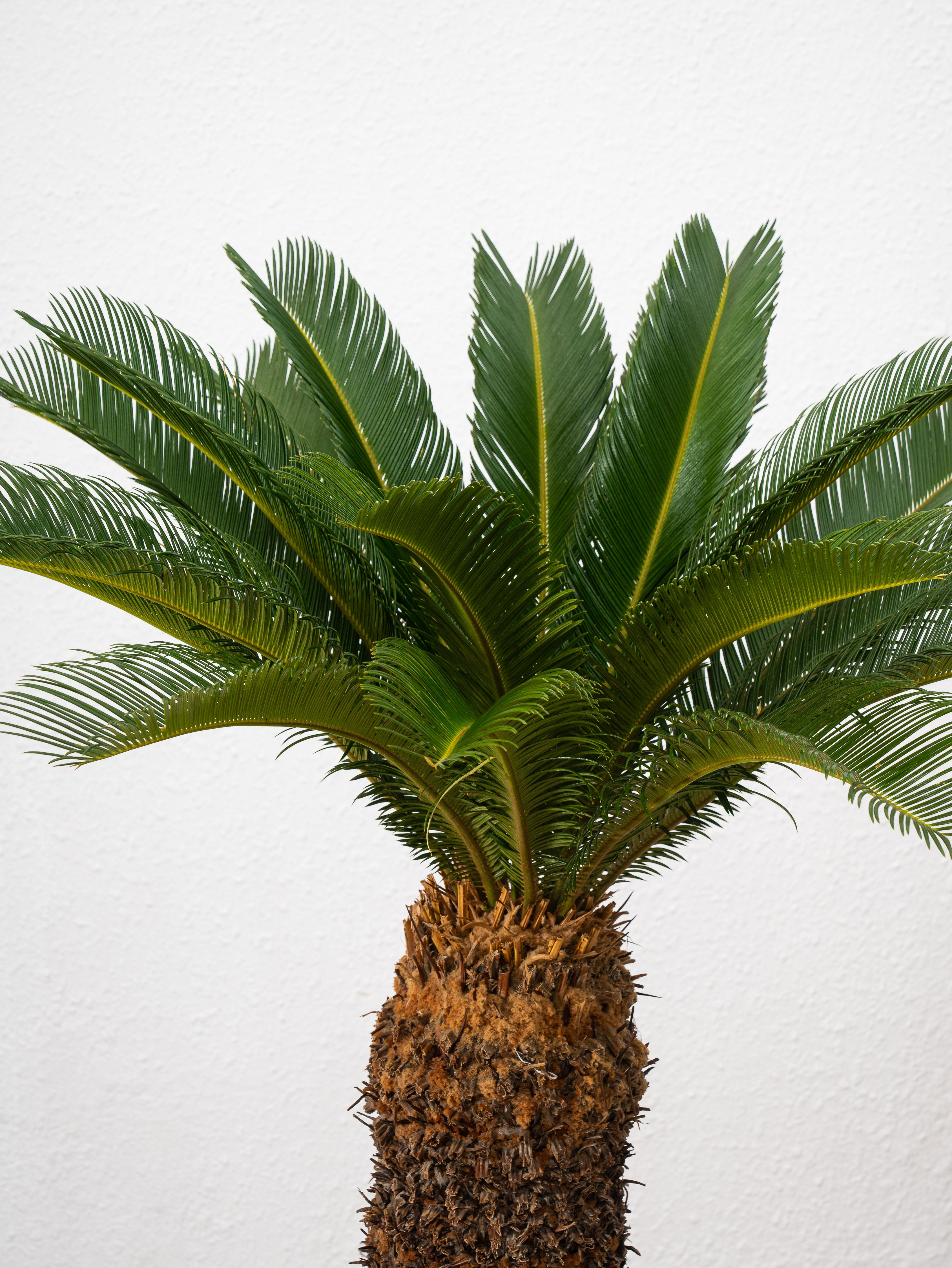
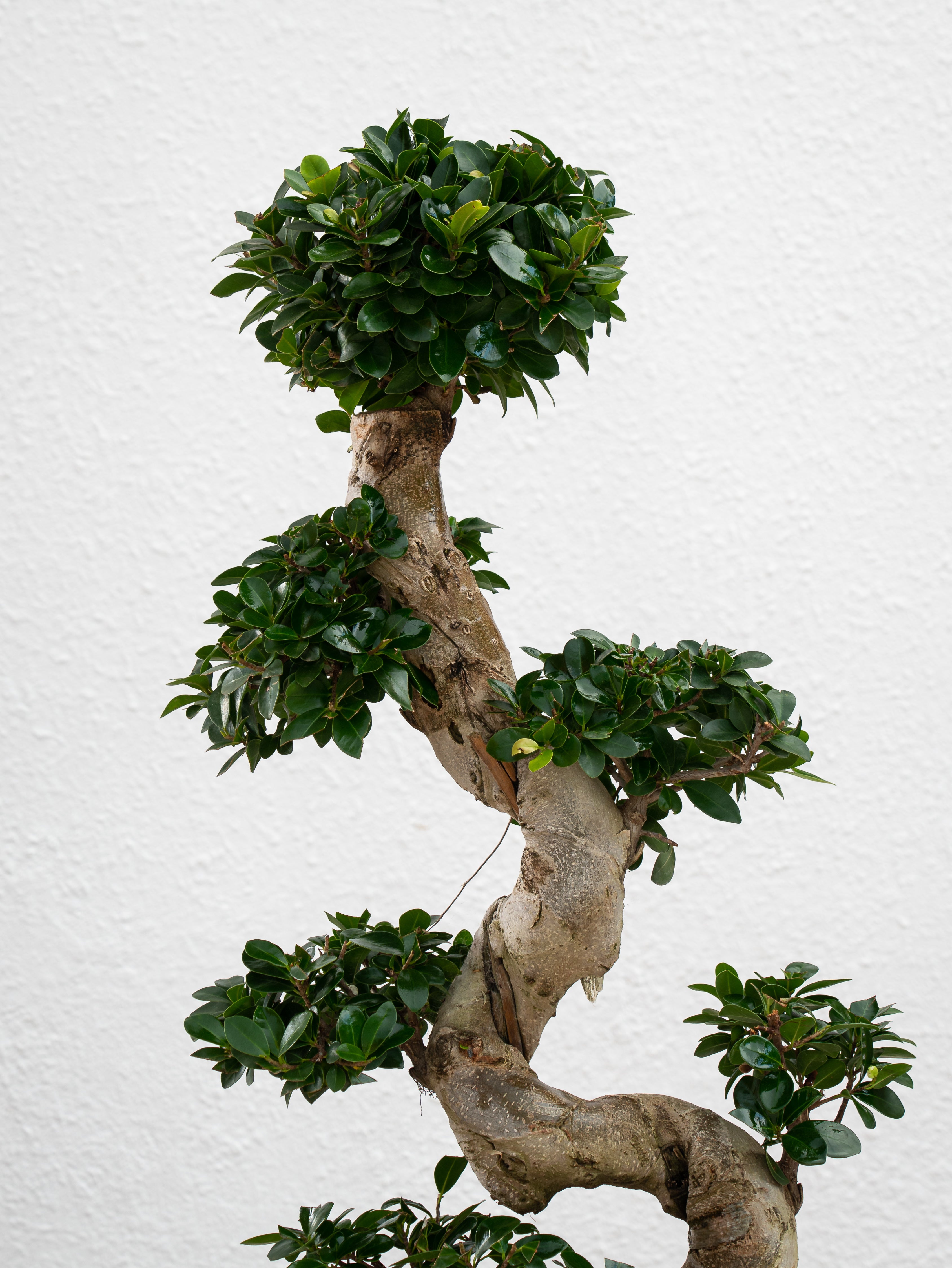
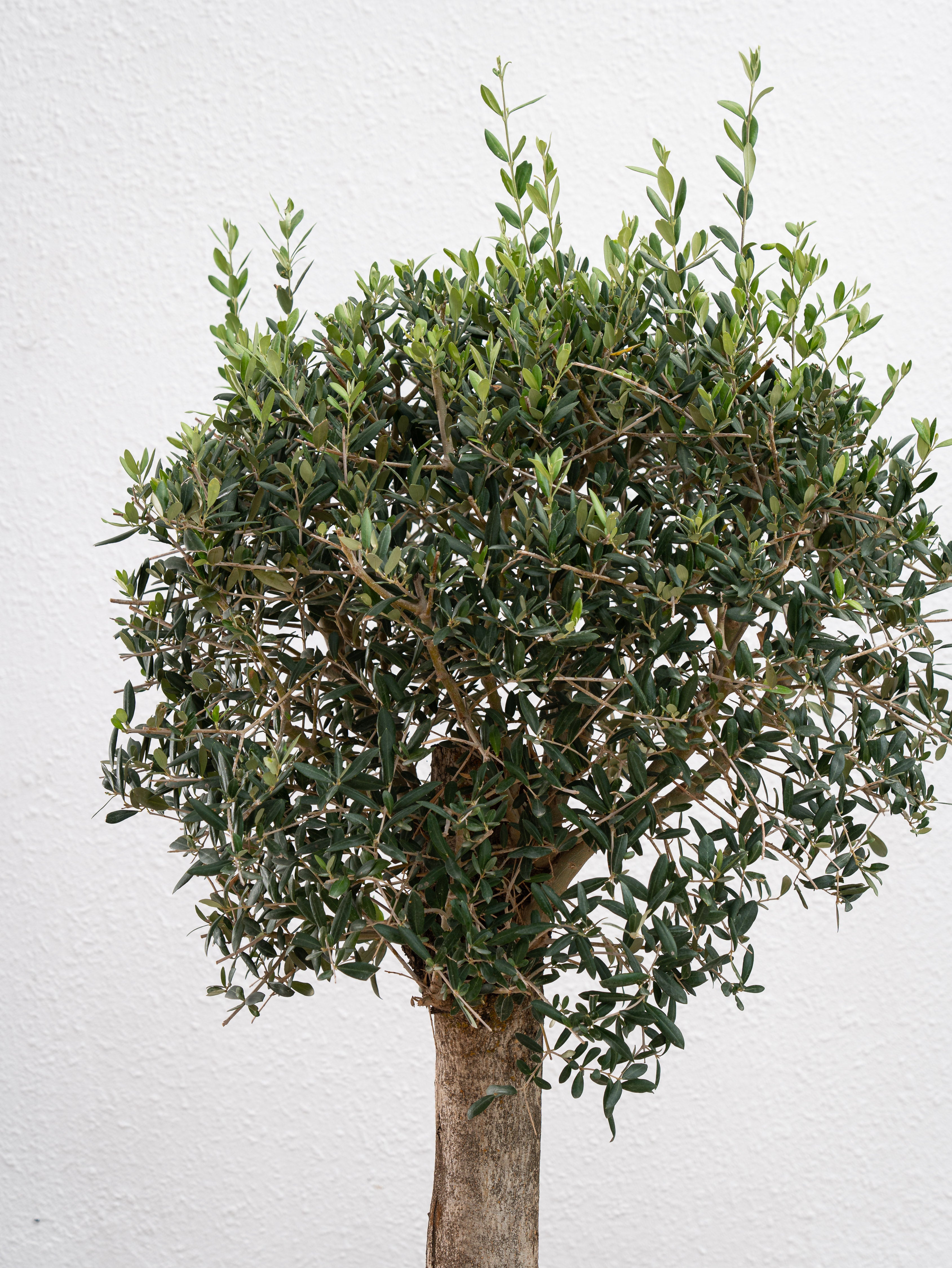
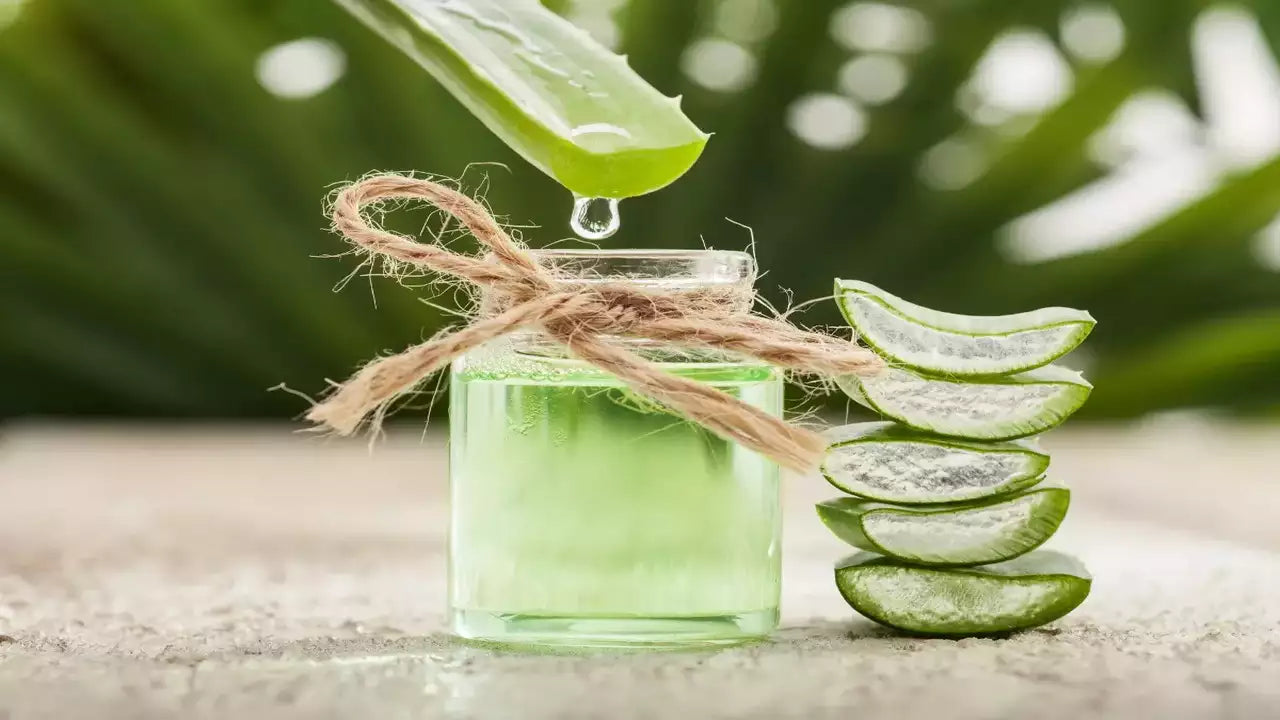
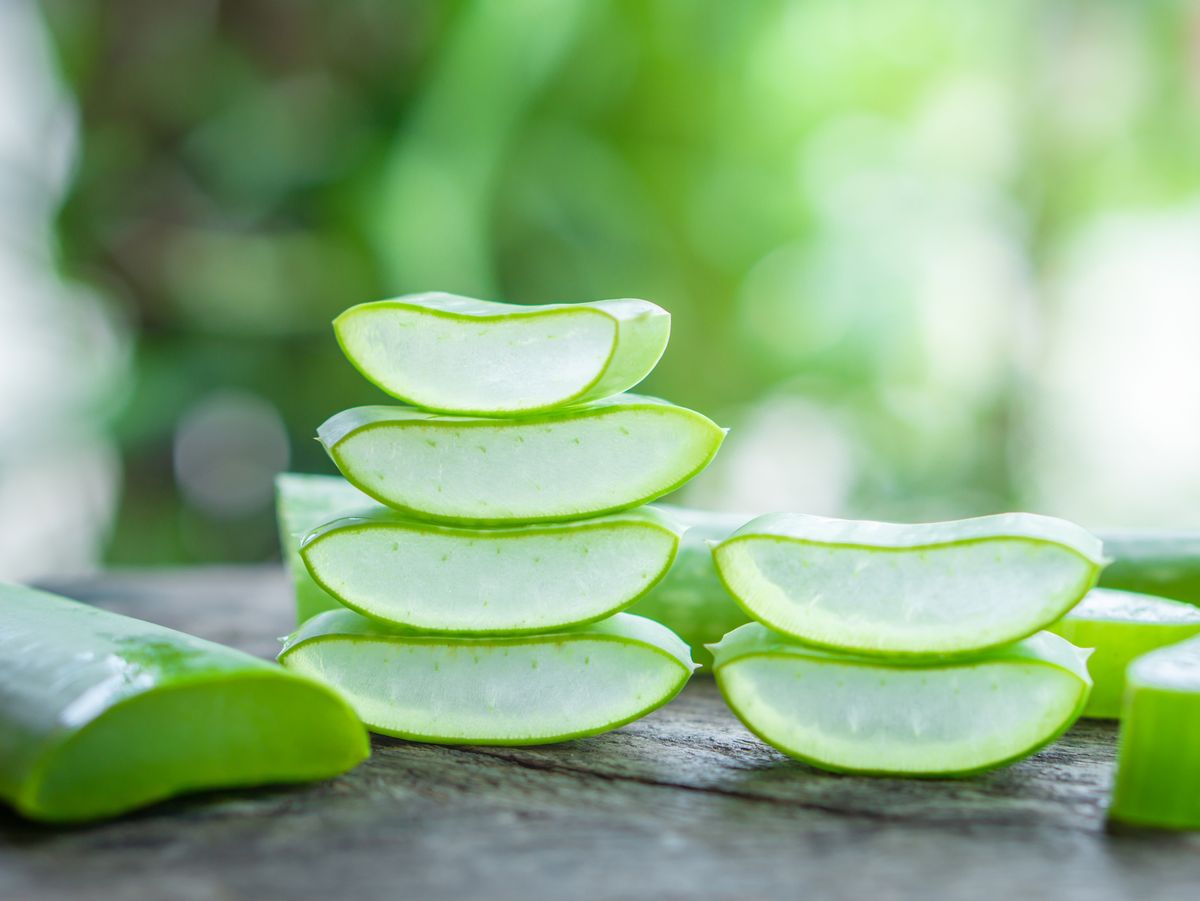

Leave a comment
This site is protected by hCaptcha and the hCaptcha Privacy Policy and Terms of Service apply.